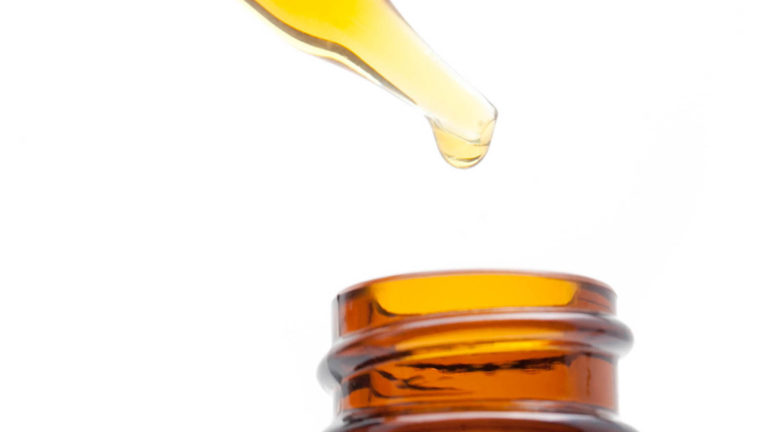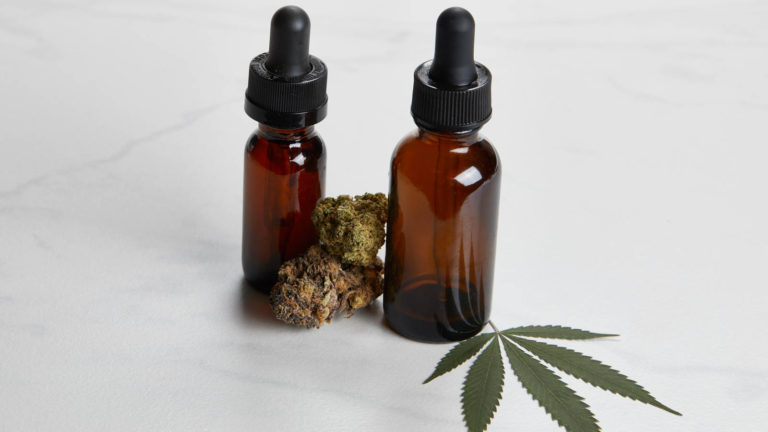There's a growing amount of research pointing out the benefits of CBD. Studies have shown that CBD provides anti-inflammatory and seizure-suppressant properties, as well as the ability to reduce social anxiety.
Outside the United States, countries across the globe have started allowing cannabidiol (CBD) to be used legally inside their borders. In Canada, following the passage of The Cannabis Act, which legalized adult-use cannabis, both hemp-derived and marijuana-derived CBD are available in all provinces. The European Union (EU) has also established regulatory guidelines for hemp-derived CBD oil, allowing the cultivation of hemp as long as the THC content does not exceed 0.2%. A number of South American countries have also loosened restrictions against CBD oil and medical marijuana in general. Both Mexico and Brazil currently allow CBD products to be imported for certain medical conditions, while other countries, such as Chile, have already established full-scale medical marijuana programs.
Despite growing acceptance and recognition of CBD's potential benefits, concerns remain about the cannabinoid's power to cause addiction. This may be due to confusion between non-intoxicating CBD and its intoxicating counterpart, THC. Because of the way CBD interacts with receptors in the body's endocannabinoid system, it doesn't have the psychoactive effects of THC. In fact, CBD basically blocks THC's access to those receptors found throughout the nervous system, thereby reducing some of THC's effects.
Is CBD oil addictive?
Because CBD doesn't produce the high associated with THC, it's potential for abuse is considered limited by scientists. A March 2017 study published in the Journal of Drug and Alcohol Dependence examined details of a previous study where researchers administered various oral dosages of CBD to frequent marijuana users alone and in combination with smoked marijuana. The researchers determined that CBD had as much likelihood for abuse as the placebo in this study.
A 2011 study concluded that CBD has a better safety profile compared to THC and other cannabinoids. Researchers found that high doses of CBD of up to 1,500 milligrams per day were well-tolerated by the human subjects. Compared with THC, CBD did not impair motor or psychological functions, nor did it alter the heart rate, blood pressure, or body temperature.
Since THC can be addictive and numerous CBD products contain varying levels of THC, the question of whether CBD oil is addictive can depend on where the CBD comes from.
 Photo by: Gina Coleman/Weedmaps
Photo by: Gina Coleman/WeedmapsImage lightbox

There are two classifications for the cannabis plants that produce CBD: marijuana and hemp.
CBD derived from hemp plants contains little to no THC (less than 0.3% according to federal law in the U.S.), and therefore should not put an individual at risk of developing cannabis withdrawal symptoms that might come from heavier THC intake.
Marijuana-derived CBD is extracted from marijuana plants that are usually grown for their intoxicating properties. Unlike hemp-extracted CBD, marijuana-derived CBD oil often contains levels of THC that exceed the federal 0.3% limit. In the event the CBD oil has particularly high levels of THC, an individual could possibly experience cannabis withdrawal symptoms if the oil was used to excess. CBD oil with THC levels above 0.3% is only available in states with medical or adult-use cannabis legalization.
 Photo by: Gina Coleman/Weedmaps
Photo by: Gina Coleman/WeedmapsImage lightbox

While CBD doesn't produce the same addictive effects as THC, it's possible that someone who takes large amounts of CBD on a daily basis could experience side effects such as changes in sleep, inflammation, and anxiety if they quit suddenly.
It's possible to avoid THC when using a CBD product but the combination of CBD and THC is known to produce an entourage effect, boosting therapeutic benefits while subduing negative side effects. For instance, in a 2010 study involving patients with cancer pain, researchers found that the combination of THC and CBD was more effective in treating the pain than the THC and placebo combination.
CBD could help fight addiction
Evidence suggests that CBD could also be used to help combat the adverse effects of THC, such as cannabis withdrawal symptoms. In a 2013 report, researchers administered CBD to a 19-year-old woman with cannabis withdrawal syndrome over a ten day period, which effectively resulted in reduced withdrawal symptoms. Another study, conducted in 2010 and published in Neuropsychopharmacology, examined a total of 94 cannabis users to see what role CBD-to-THC ratios played in reinforcing the effects of drugs and implicit attentional bias to drug stimuli. Compared with smokers of low-CBD strains, the study found that smokers of high-CBD strains showed reduced attentional bias to drug and food stimuli, as well as lower self-rated liking of cannabis stimuli. The research team concluded that “CBD has potential as a treatment for cannabis dependence” and could offer a potential treatment for other addictive disorders.
Existing research also demonstrates that CBD oil could help thwart addiction to other dangerous substances, such as tobacco or opioids. A 2013 study published in Addictive Behaviors looked at the effectiveness of CBD as a way to reduce tobacco cigarette consumption. Observing a total of 24 tobacco smokers, researchers gave half of the subjects an inhaler of CBD and the other half a placebo, instructing them to use the inhaler when they felt the need to smoke. Over a week long period, those treated with CBD reduced the number of cigarettes smoked by 40%, while those with the placebo showed no notable difference.
 Photo by: Gina Coleman/Weedmaps
Photo by: Gina Coleman/WeedmapsImage lightbox

CBD has also demonstrated the potential to curb the use of other addictive substances. In a preclinical animal study published in Neuropsychopharmacology on March 22, 2018, researchers applied CBD gel to lab rats that had a history of voluntary alcohol or cocaine use and showcased addiction-like behavior. The study concluded that CBD was effective in reducing drug use in the rodents, and also reduced common side effects of drug dependency, such as anxiety and impulsivity.
This non-intoxicating cannabinoid has also shown promise in human models. A May 2019 study, published in the American Journal of Psychiatry, found that CBD could be effective in reducing cravings associated with heroin addiction. To conduct the study, researchers recruited 42 adults who had been using heroin for an average of 13 years. The subjects were divided into three groups: one group was given 800 milligrams of CBD, another 400 milligrams of CBD, and another a placebo. Compared with the placebo, those who were administered CBD significantly reduced both the craving and anxiety induced by the drug cues.
CBD oil side effects
While CBD doesn't produce the kind of intoxicating effects THC is known for, it's important to consider any possible CBD oil side effects.
According to Mayo Clinic, the U.S.-based nonprofit academic medical center, CBD use can potentially cause adverse effects, including dry mouth, diarrhea, reduced appetite, drowsiness, and fatigue. In an investigation on CBD hepatotoxicity in lab mice, researchers from the University of Arkansas for Medical Sciences found that the cannabinoid elevated the risk for liver toxicity. The epilepsy medication Epidiolex, which is currently the only FDA-approved CBD product on the market, has some side effects that are similar to those of other hemp-derived CBD products.
 Photo by: Gina Coleman/Weedmaps
Photo by: Gina Coleman/WeedmapsImage lightbox

Most CBD oil side effects, such as drowsiness and fatigue, are similar to hemp oil side effects, even though this hemp fiber-derived product usually doesn't contain any CBD or THC. With its low potential for addiction and abuse, CBD's withdrawal effects should be minimal. But each person must weigh the potential risk versus benefits for themselves.
Drug interactions
One other area of concern is the potentially adverse effect that CBD could have on certain prescription medications such as blood thinners.
A 1993 study found that CBD blocked a family of enzymes called cytochrome P450, which are responsible for eliminating 70% to 80% of pharmaceutical drugs from the system. Researchers found that CBD blocked these enzymes from being broken down and metabolized in the liver. While this blockage could enable patients to take lower doses of prescription drugs, it could also cause a toxic buildup of pharmaceutical chemicals in the body.
Major contributions from Dr. Adie Rae.

